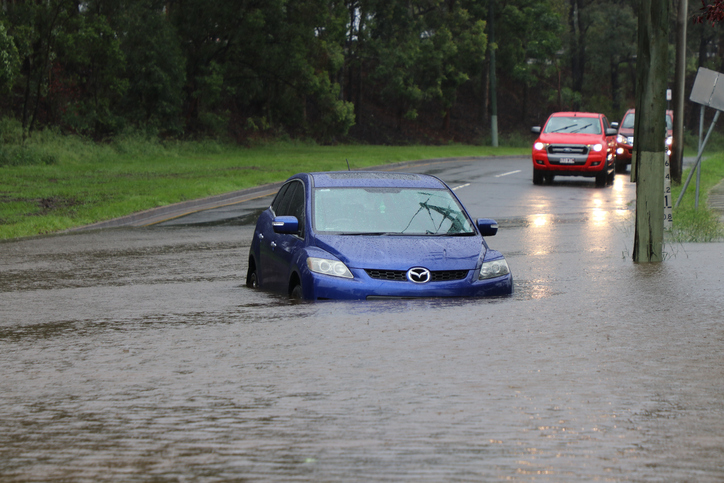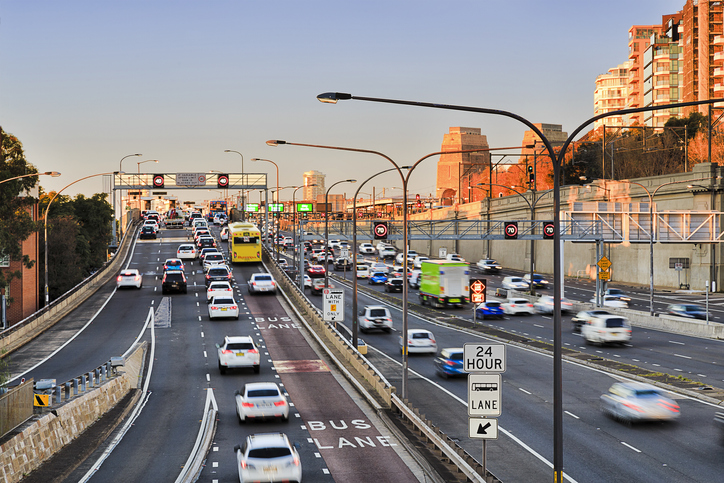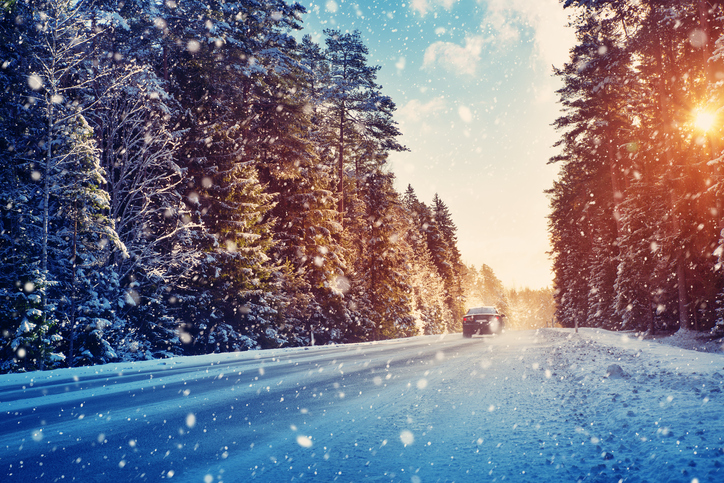SGI warns flood damaged vehicles are safety risk and could be uninsurable
Looking at a great deal on a used vehicle from the United States? SGI is warning Saskatchewan residents that flood-damaged vehicles originating from areas affected by Hurricanes Harvey and Irma could be hitting the re-sale market, and may be unsafe or ineligible for licensing in Saskatchewan or anywhere in Canada.
Flood-damaged vehicles, especially those that were in contact with salt water and sewage, can pose a serious safety risk. Flood damage to a vehicle’s electrical system can affect important vehicle safety systems, such as airbags, anti-lock braking and electronic stability control systems. Flood water can also affect structural components of a vehicle designed to protect the occupants and absorb collision impacts in the event of a crash. Flood water can carry toxic contamination from untreated waste and mold, which may not be visible to the naked eye.
“This was a very severe hurricane season in the United States,” said Earl Cameron, Executive Vice President of the Auto Fund. “There was massive flooding, which we all saw on TV. In desperate times, people may resort to desperate measures and try to cut their losses by selling a flood-damaged vehicle to an unsuspecting customer. A ‘deal’ isn’t always a good deal.”
So how do you protect yourself when in the market for a previously-owned vehicle? Buying only from licensed dealers is one way. However, if you want to buy from a private seller, here are some tips to keep in mind:
- Research the vehicle’s U.S. history using the services of a company such as CarProof, Carfax, Autocheck or another similar online service. You will need to know the Vehicle Information Number (VIN).
- Ask the seller about damage and ensure that their response is documented, in writing, prior to the sale.
- Look for signs of water damage, such as moldy or damp odours, signs of rust or mud in the trunk, vents, or glove box, under the seats or dashboard, or on the carpet. Also check under the hood for signs of water or silt.
- Test the heater, air conditioner, lights, turn signals, gauges, radio, cigarette lighter and windshield wipers to ensure water has not impacted electrical systems.
- Have the vehicle inspected by a certified technician prior to purchasing and specifically ask them to check for signs of flooding and water damage.
Flood or water-damaged vehicles coming from the U.S. are considered junk/non-repairable by all licensing jurisdictions in Canada and can only be imported into Canada for scrap or parts via the Registrar of Imported Vehicles program1. For more information on importing vehicles from the U.S., please contact the Registrar of Imported Vehicles at http://www.riv.ca/.





